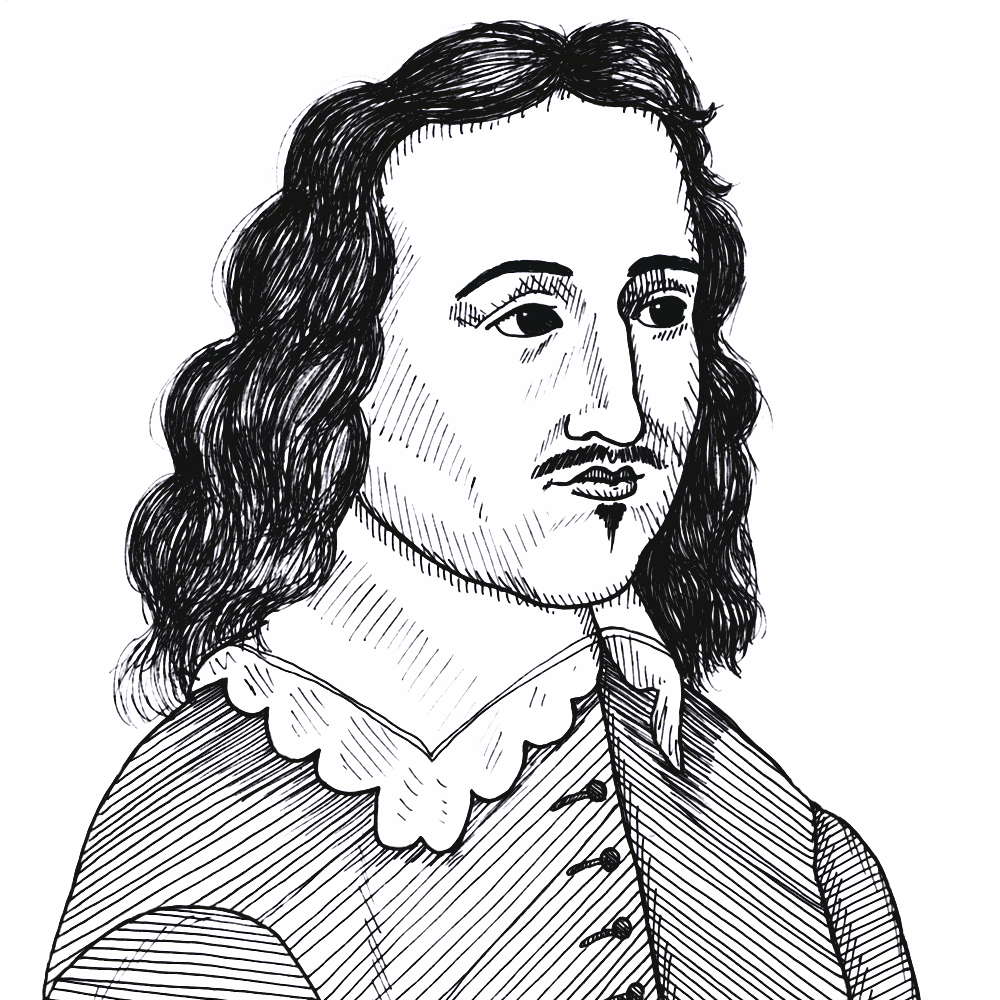
John Lilburne argues from prison that the King and the Magistrate must obey the law like everyone else (1648)
Found in: Tracts on Liberty by the Levellers and their Critics Vol. 5 (1648)
While in prison once again the Leveller John Lilburne (1615-1657) demanded his day in court and fulminated against the arbitrary acts of the magistrates who put him in prison:
Law
I know nothing that makes a man a Magistrate over me but law, and while he walkes by the rules of that Law which make him a Magistrate, I shall own him as a Magistrate, but when he tramples it under his feet, and walkes by the law of his own will, I for my part in such a condition cannot own him for a Magistrate.